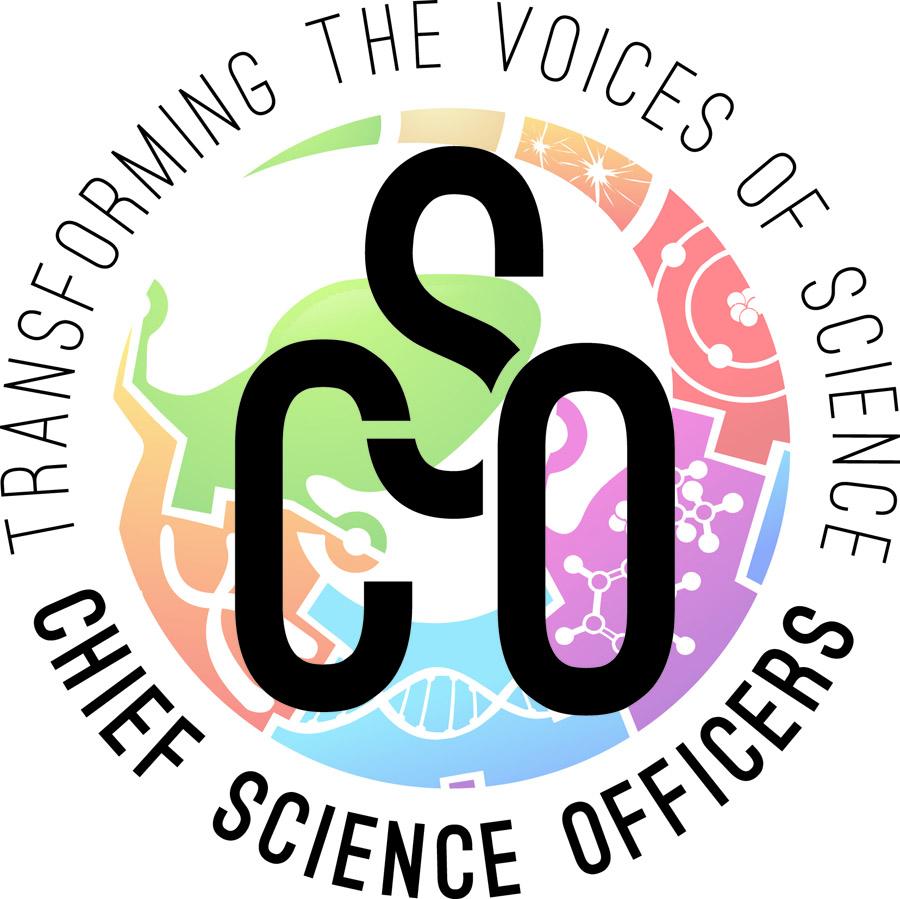Investigating Digital Badges as Alternative Credentials to Broaden STEM Participation Among Underrepresented Youth
The project will develop and research an innovative credentialing process called Design League Badge Portfolios. (A digital badge, like a badge earned in a scout troop, is a validated indicator of accomplishment or skill that is housed and managed online and can be earned in informal or formal environments.) The process will give underserved youth a technology-supported method for presenting their Information Communication Technology (ICT) achievements in an out-of-school program in ways that are personally meaningful and that address the expectations of higher education institutions.
